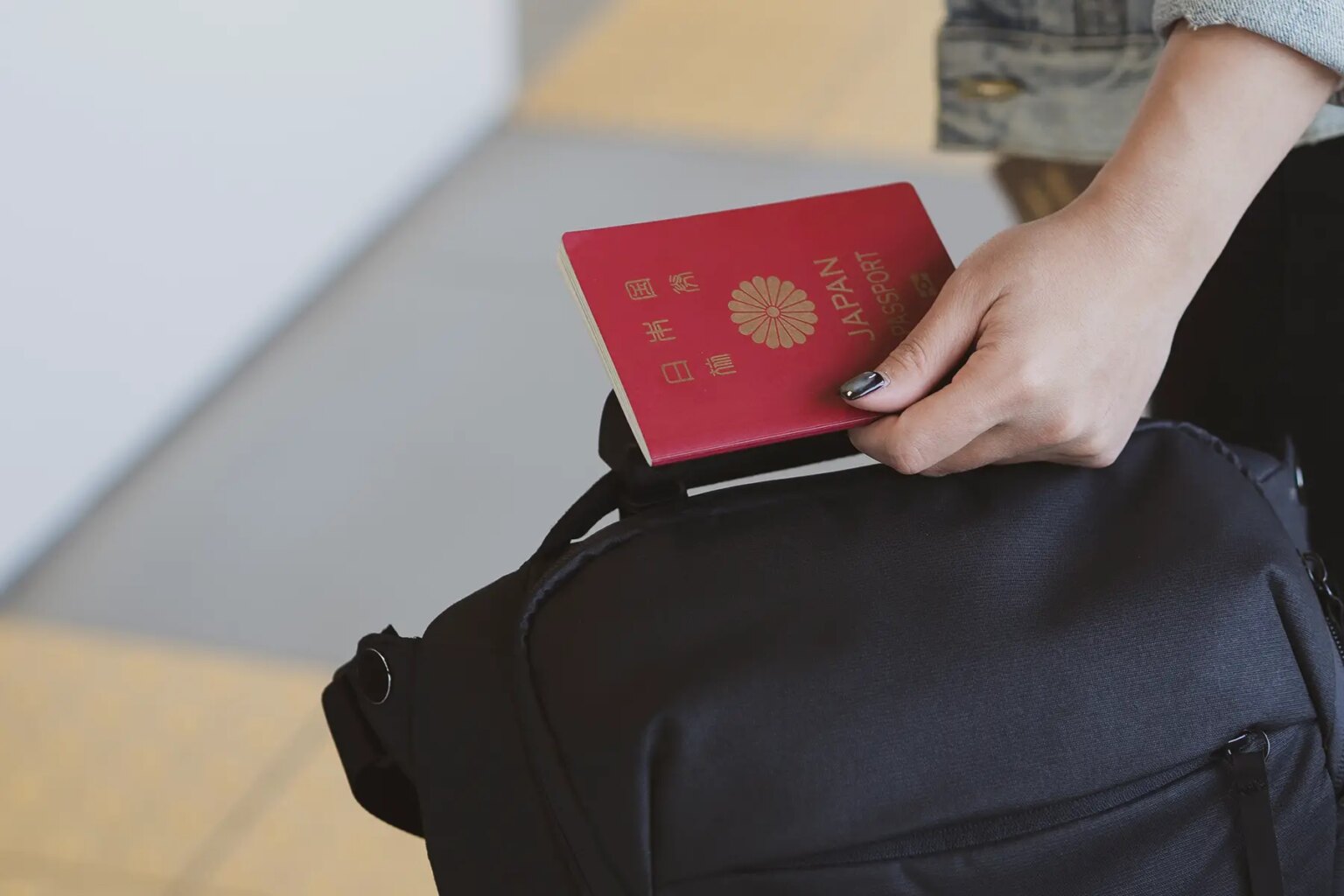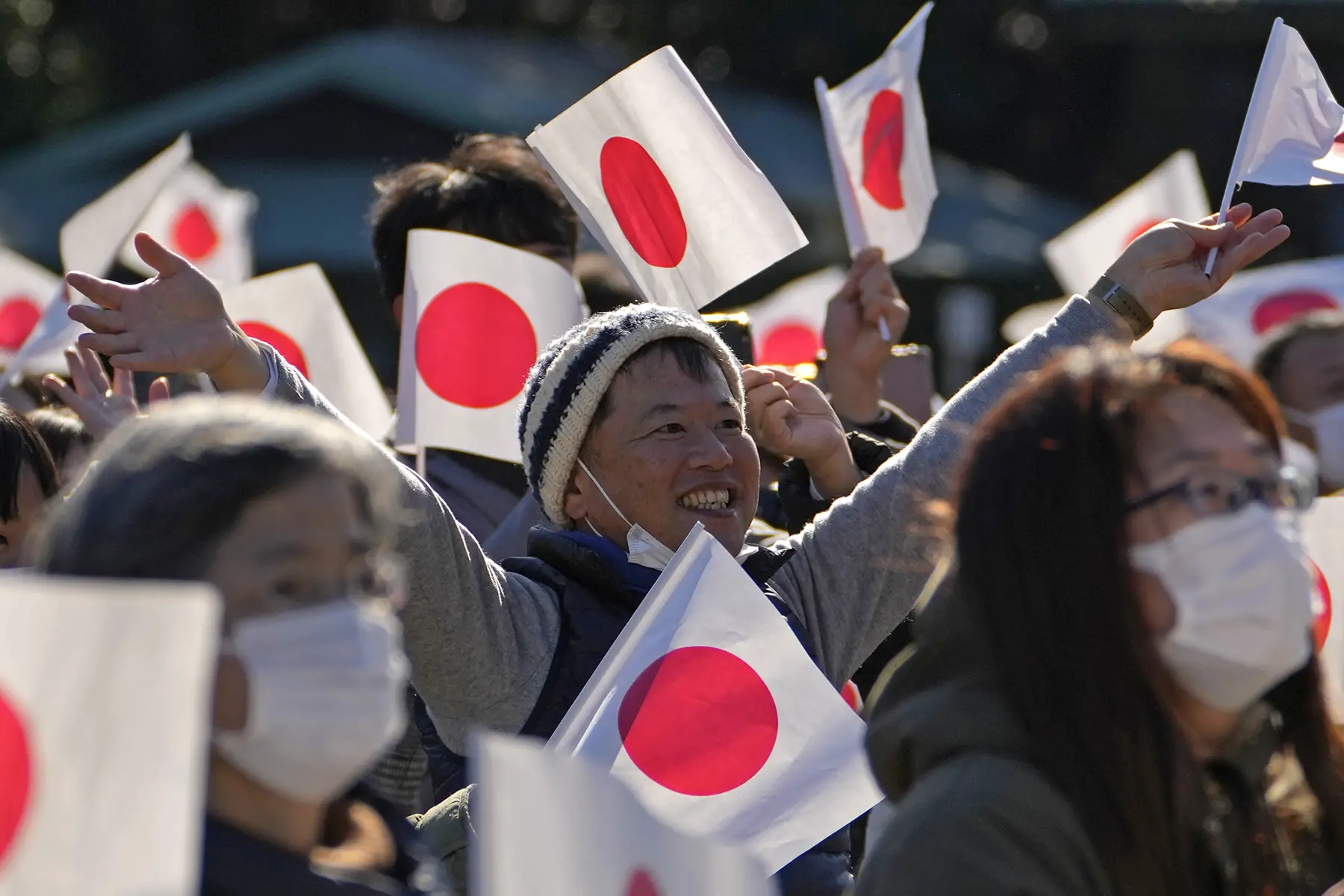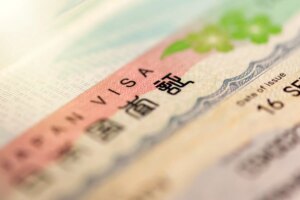According to the World Economic Forum (WEF), a Japanese passport is the most sought-after in the world as of 2023. No wonder many expats living permanently in Japan want to obtain one.
If you want to apply for a Japanese passport, read on to find out whether you are eligible (e.g., citizenship status) and how to proceed by exploring the following topics:
- Passports in Japan
- Benefits of getting a Japanese passport
- Who can get a passport in Japan?
- How do you apply for a Japanese passport?
- Dual nationality and second passports in Japan
- Renewing or replacing a Japanese passport
- Lost or stolen passports in Japan
- How much do Japanese passports cost?
- Useful resources
Passports in Japan
Japanese passports are red booklets with gold lettering on the front cover, plus the Imperial Emblem of Japan, also known as the Chrysanthemum Seal (菊紋). Like in most countries, the first page contains personal information, including:
- Full name
- Date of birth
- Gender
- Unique passport number
- Photo
- Issuing authority and place
- Issue and expiration date

Furthermore, these biometric identification documents are difficult to counterfeit as they also contain microchips with the following details:
- Facial features of the holder
- Fingerprints
- Iris color
They are issued by the Japanese Ministry of Foreign Affairs (MOFA – 外務省), the government department responsible for consulate affairs. Only Japanese citizens can apply for passports and the validity depends on your age:
- Valid five years (children up to 16)
- Valid ten years (adults 17 and up)
In addition to standard passports, Japan issues special ones for elected officials and public servants.
Other than diplomatic passports, there are also emergency passports. These tend to be authorized to Japanese citizens who are overseas when their biometric data has been corrupted, or their passports have been damaged or stolen, and they need to return home.
Benefits of getting a Japanese passport
When you become a Japanese passport holder, you will enjoy the following benefits:
- The 2023 Henley Passport Index rank it as the most powerful in the world, based on the afforded freedom of movement
- Visa-free access to 193 countries and territories
- Securing the right to live and work in Japan indefinitely
- No obligation to present your passport to the police as is required of foreign nationals living in the country
- It is easier for family members of a Japanese national to gain citizenship and get their own passport
Who can get a passport in Japan?
Any permanent international resident can apply for a passport in Japan, once they have become naturalized. In other words, the country does not have a banned nationality list.

However, to be eligible overseas nationals must:
- Have been permanent residents in Japan for five years, continuously
- Agree to become Japanese citizens (you would need to have some level of Japanese language proficiency)
- Commit to respecting the Japanese constitution
- Be of good moral character
- Be financially stable
- Be at least 20 years of age
You can learn more about the process by visiting the Immigration Services Agency of Japan (出入国在留管理庁) online.
Being financially stable in Japan usually refers to being employed or owning a business. However, if your spouse earns enough or has a private income covering your cost of living, it may satisfy the Japanese authorities.
Furthermore, there is no set definition of what constitutes a reasonable salary or wage to be financially stable; it is judged on a case-to-case basis. For instance, you would need a higher income to live in an expensive city like Tokyo than in the rest of the country. It will also depend on whether you have dependents and, if so, how many you need to support.
How do you apply for a Japanese passport?
You can apply for a passport through the Japanese Ministry of Foreign Affairs. To do so, head to your nearest municipal office (in Japanese), where you can obtain the application form (PDF) in person. You will need the following documentation:
- Proof of your ID (e.g., original passport, driving license – 運転免許証, unten menkyo sho)
- Your family register (戸籍, koseki), a system where each household of Japanese citizens registers marriages, divorces, births, and deaths
- Evidence of your continued residency in Japan (e.g., residence card)
- A standard passport photo
Most municipal offices that handle passports will have self-service photo machines.
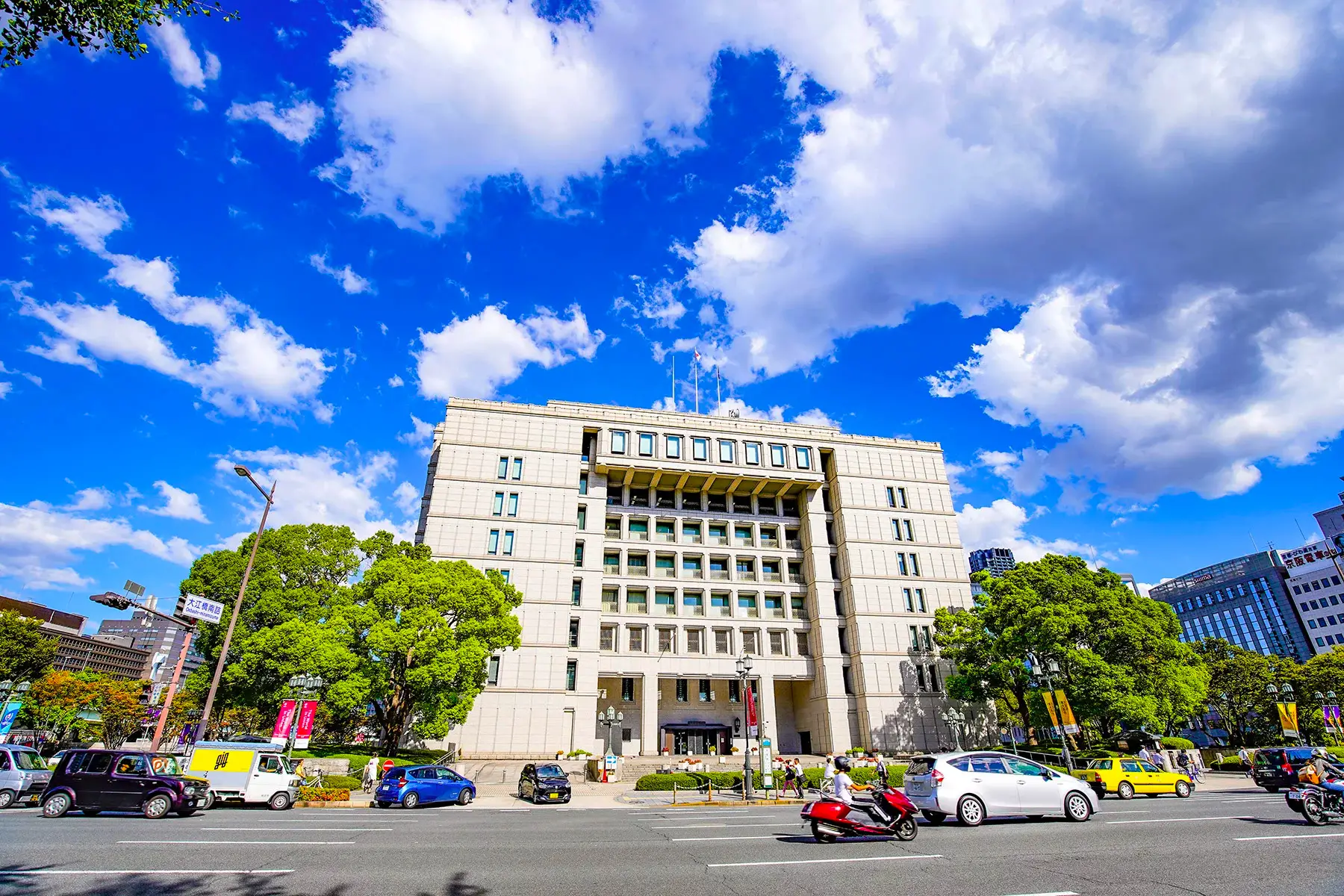
Japan is strict when it comes to legal matters. Therefore, if you have a criminal record (including a spent conviction) or another stain on your ‘good moral character,’ your application might be rejected. You may want to consult a legal expert if you are in this situation.
Once you have submitted your application, you will receive a notification of the processing times. Generally, you should receive your passport within five working days, but at most two weeks. However, it may take a few months to receive your first passport when you apply for Japanese citizenship with the Legal Affairs Bureau (法務局) too.
Application process abroad
You can apply via the nearest Japanese Embassy if you live temporarily outside of Japan. Of course, you also need to supply the following information:
- Proof of ID (e.g., original passport)
- Your current immigration status (e.g., visa or residency card)
- A color passport photo of your head and shoulders measuring 35mm by 45mm
There are no fast-track options and you must collect your passport in person within six months of being issued.
Dual nationality and second passports in Japan
To apply for a Japanese passport, you must be a citizen according to the Nationality Law (国籍法) of Japan. Getting a second passport may not be possible as dual nationality is a complex and contentious issue.
You can obtain dual nationality in the following circumstances:
- By birth, if one of your parents has a foreign nationality
- Through adoption, if one or both your parents are citizens of another country (e.g., Italy)
- By acknowledgment of paternity, if the parent is a foreign citizen (e.g., Canada)
- If you are born abroad (e.g., United States), and a child of Japanese nationals
- Through naturalization, if your country of origin does not require you to give up your citizenship
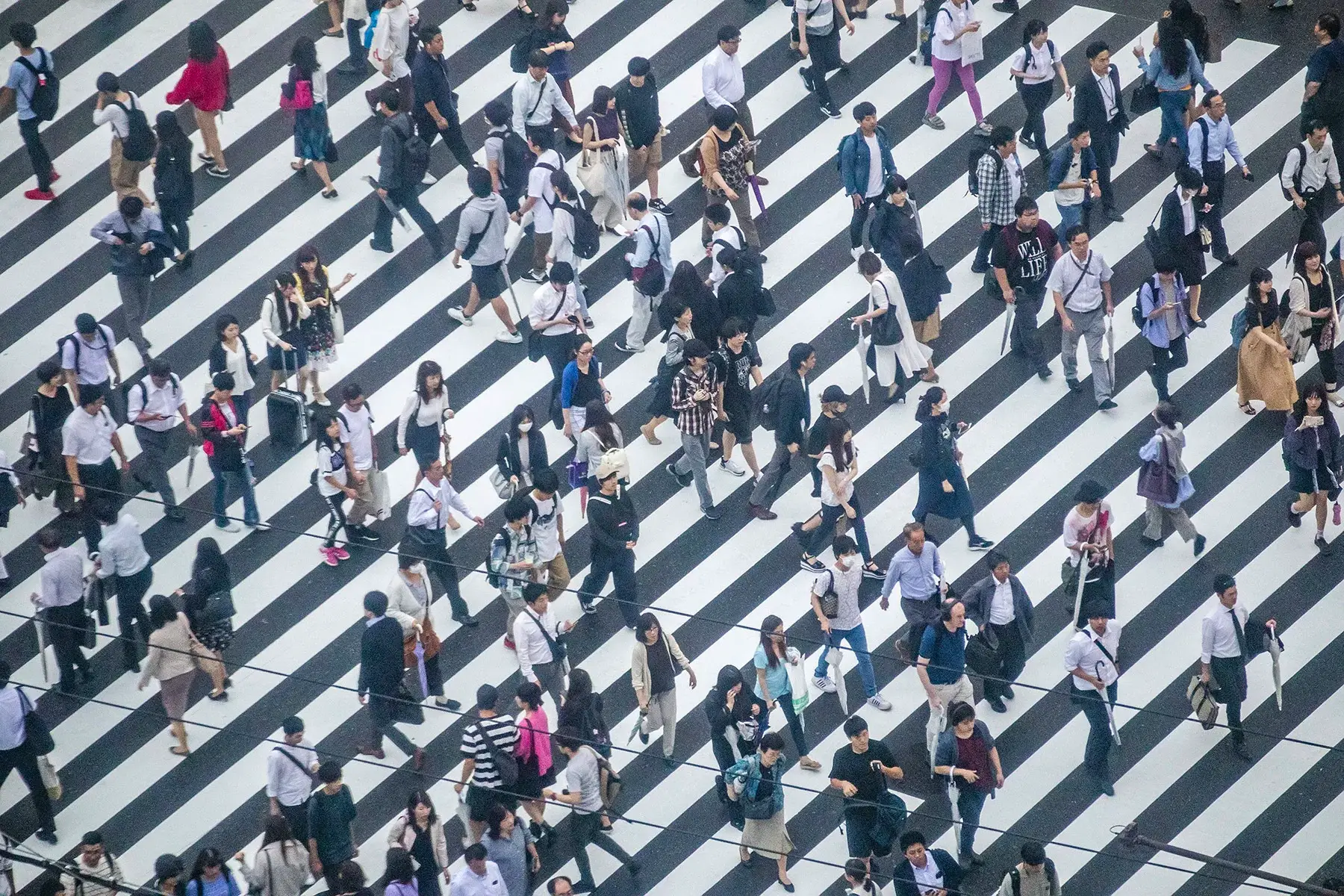
However, a dual citizenship status is not indefinite. You have to choose between your nationalities:
- Before your twenty-second birthday
- Within two years of your twenty-second birthday, if you acquired dual citizenship on or after this age
If you do not make this choice officially, the government can revoke your Japanese citizenship automatically. Similarly, a Japanese national has to renounce their citizenship, when they become a citizen of another country.
Renewing or replacing a Japanese passport
The passport renewal process – and costs – are the same as when applying for a brand new one, except that you can use your current Japanese passport as a form of identification.
Note that your renewed passports will have a different passport number and an updated photo (which you submitted with your application). Of course, naturalized nationals do not have to reapply for their citizenship.
Lost or stolen passports in Japan
The Ministry of Foreign Affairs of Japan urges people to report a lost or stolen passport immediately to the police. If it was issued overseas, you should also contact the relevant Japanese Embassy or Consulate General to inform them of the loss.
If required, they will issue a temporary visa that is valid until you receive your new passport.
How much do Japanese passports cost?
According to the MOFA website, the latest fees (in Japanese) are:
- 10-year passports (adult, 17+): ¥16,000
- 5-year passports (12–16): ¥11,000
- 5-year children’s passports (under 12): ¥6,000
It costs the same to renew these passports.

In Japan, you can settle all consular fees online, including those for passport applications. The Ministry of Foreign Affairs also has a handy video guide for people who want to pay by credit card.
Useful resources
Many of the online resources relating to passports are in Japanese. Consequently, the following links are for English-language sites only.
- The Ministry of Foreign Affairs of Japan (MOFA – 外務省) – the official website for all consular services
- The Ministry of Justice (MOJ – 法務省) – the government department to turn to for matters relating to Japanese citizenship
- MOFA – list of Japanese embassies and consulates worldwide, with more detailed information in languages other than Japanese
